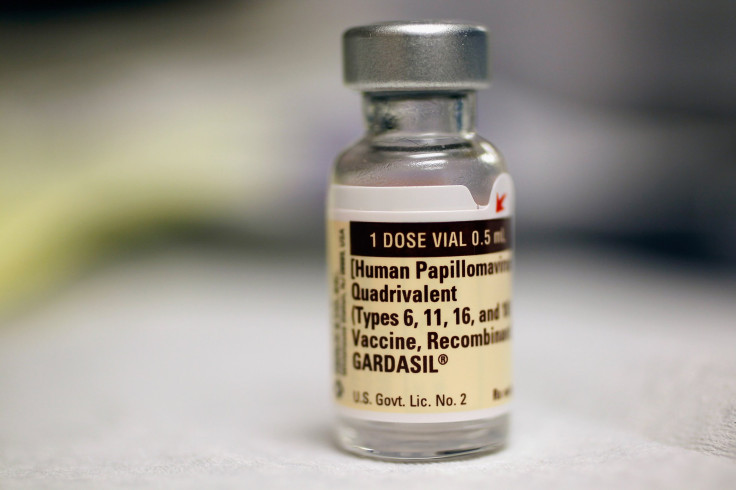HPV Shot Side Effects 2016: Potential Reactions To Human Papillomavirus Vaccine

The human papillomavirus is a group over 200 viruses found all over the world. The HPV infection is one the most common sexually transmitted infections in the U.S. Nearly everyone who is sexually active will contract the virus at some point.
The HPV vaccine, the U.S. Centers for Disease Control and Prevention says, is safe and effective at preventing the infection. Most people who are vaccinated do not experience any side effects, but some do. The CDC adds that most side effects are mild and include pain, redness or swelling where the shot was administered.
Fever, headache, exhaustion and nausea are also common side effects to the HPV vaccine. Muscle or joint pain and brief fainting spells are seen in some cases.
According to the NHS, one in 10,000 girls who were administered the vaccine experienced difficulty in breathing or bronchospasm. There are no reliable estimates for the frequency of the following side effects to the vaccine: blood problems that cause unexplained bruising or bleeding, chills and seizures.
In rare cases, some people experience an anaphylactic reaction or a severe allergic reaction. These reactions include wheezing, swelling of different parts of the body called angioedema, itching, a metallic taste in the mouth, itchy or swollen eyes and changes in heart rate. However, such reactions are extremely rare. The NHS says these reactions occur in one in a million people.
Published by Medicaldaily.com



























